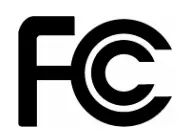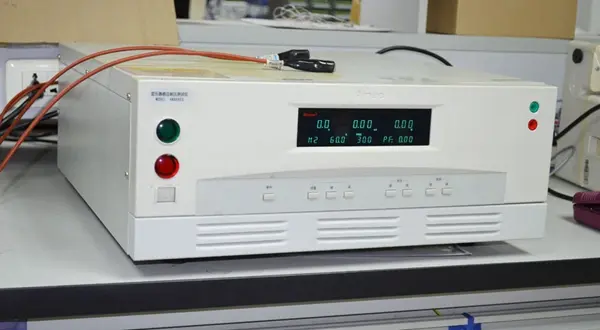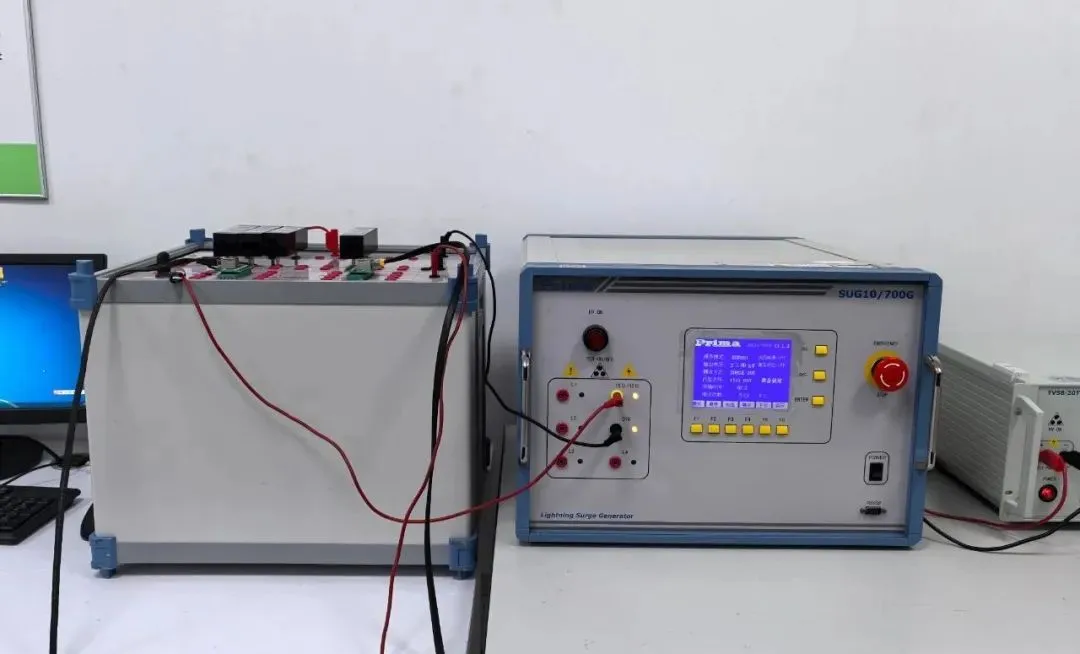
Which Products Require FCC Certification?
Why is fcc Certification Necessary?
FCC certification acts as a gateway for products to enter the North American market. Products must comply with fcc certification standards and bear the appropriate marking before they can be sold in this market. For consumers, a certified product provides a sense of security, as they trust and prefer to purchase items with safety certification labels.
Besides increasing market competitiveness, FCC certification can also allow for a higher product price. Certified products are often priced above similar uncertified products, thereby enhancing profits for companies.
FCC certification is a major requirement for products entering the U.S. market and is mandatory for most electronic products sold there. Below are the main product categories requiring FCC certification:

1. Lighting Products
- LED lighting, LED screens, LED power supplies/drivers, ballasts, energy-saving lamps, stage lighting, dimmers, converters, electronic dimming devices for stages and entertainment venues, tubULar fluorescent lamps, ballasts, stationary lighting, portable lighting, recessed lighting, etc.
2. Household Appliances and Power Tools
- Household appliances such as air conditioners, refrigerators, irons, MICrowave ovens, vacuum cleaners, food blenders, electric kettles, electronic disinfection cabinets, rice cookers, electric razors, hair dryers, massage devices, battery chargers, electric stoves, washing machines, induction cookers, and small electric motors. Power tools include grinders, circular saws, nail guns, drills, etc.
3. Personal Computers and Peripheral Equipment
- Personal computers, monitors, printers, keyboards, power adapters, mice, scanners, interface cards, gaming devices, power supplies, UPS systems, fax machines, modems, answering machines, and network switches.
4. Audio and Video Products
- Radios, televisions, set-top boxes, DVD/VCD players, MP3 players, and home audio systems.
5. Wireless Products
- Bluetooth devices, remote-controlled toys, wireless switches, wireless thermometers, wireless mice and keyboards, wireless monitors & cameras, wireless microphones, FM transmitters, and various wireless devices.
6. Communication Products
- Telephones, 2G/3G/4G mobile phones, walkie-talkies, etc.
7. Toy Products
- Metal toys, plastic toys, wooden and bamboo toys, plush toys, paper toys, and electronic toys.
8. Security Products
- Alarms, security systems, access control, monitors, cameras.
9. Industrial Machinery
- Cutting machinery, woodworking machines, packaging machinery, plastic machinery, metal-cutting machines, food processing machines, printing machines, die-casting machines, electrical control systems for machinery, amusement facilities, hydraulic machinery, gasoline engines, welding machines, CNC drills, lawn mowers, washing equipment, bulldozers, lifting equipment, drilling machines, dishwashers, water treatment equipment, gasoline-poweRED welders, printing machinery, excavators, printers, cutters, compactors, polishers, hedge trimmers, straighteners, food machinery, and lawn mowers.
Common FCC Certification Standards and Requirements:
1. Part 15: This standard applies to all radio-frequency devices, including Wi-Fi routers, Bluetooth devices, and radio communication devices. Manufacturers must comply with FCC’s maximum allowable emission power and frequency limits, and place an FCC-compliant label on the device.
2. Part 18: This standard is for industrial, scientific, and medical (ISM) equipment, such as medical devices, scientific instruments, and industrial control devices. Manufacturers must test to ensure emc compliance and affix an FCC-compliant label on the device.
3. Part 68: This standard is for telecommunication equipment, such as phones and fax machines. Manufacturers must test to ensure compliance with FCC electrical safety and transmission requirements and place an FCC-compliant label on the device.
4. Part 90: This standard applies to radio devices used for public safety and private purposes, such as police and fire communication devices, and business radio communication devices. Manufacturers must test to ensure compliance with FCC technical standards and operation requirements and apply an FCC-compliant label on the device.
5. Part 95: This standard applies to personal radio devices, such as walkie-talkies and CB radios. Manufacturers must test to ensure compliance with FCC’s maximum allowable power and operation requirements and affix an FCC-compliant label on the device.
Overview of FCC Certification Standards:
The FCC certification standards primarily include two parts: Part 15 and Part 18.
1. Part 15: This standard applies to general electronic devices, specifying requirements for electromagnetic compatibility and radiation. Part 15 is further divided into Class A and Class B, corresponding to commercial/industrial environments and home environments, respectively.
2. Part 18: This standard applies to ISM (Industrial, Scientific, and Medical) devices, covering requirements for electromagnetic compatibility, radiation limits, and power quality. Part 18 ensures that these devices do not interfere with radio communications, while also safeguarding operator and patient health and safety.
Summary: Part 15 and Part 18 are the two most widely applied sections of the FCC certification standards, covering many different types of electronic equipment and products. Other standards, such as Part 68, Part 90, and Part 95, apply only to specific products and situations and have a narrower scope. Therefore, when introducing FCC certification standards, Parts 15 and 18 are typically emphasized first.
FCC Certification Steps and Process:
1. Submission: The client submits an application form (we provide a blank form).
2. Contract and Payment: The client signs a testing commission contract with our company and completes the payment.
3. Testing and Documentation: Sample testing begins, and documents such as electrical schematics, external/internal photos, oscillator circuit diagrams, user manuals, labels, and operation descriptions are prepared (depending on the product).
4. Certification Issuance: Once testing is successful, if it is an FCC VOC certification, we will issue a certificate and report directly.
Email:hello@jjrlab.com
Write your message here and send it to us
 Global Certification Guide for Lithium Batteries
Global Certification Guide for Lithium Batteries
 Compliance of Amazon 18650 Lithium Battery Product
Compliance of Amazon 18650 Lithium Battery Product
 What is CE Certification and EU Authorized Represe
What is CE Certification and EU Authorized Represe
 What Are the Lithium Battery Safety Tests?
What Are the Lithium Battery Safety Tests?
 What is the EN 61326-2-3 Standard?
What is the EN 61326-2-3 Standard?
 Why Do Smart Sockets Need IEC 60884 Certification?
Why Do Smart Sockets Need IEC 60884 Certification?
 Why Retest the Device if the 5G Module Already Has
Why Retest the Device if the 5G Module Already Has
 Overview of IEC 62087 Test Standard
Overview of IEC 62087 Test Standard
Leave us a message
24-hour online customer service at any time to respond, so that you worry!




